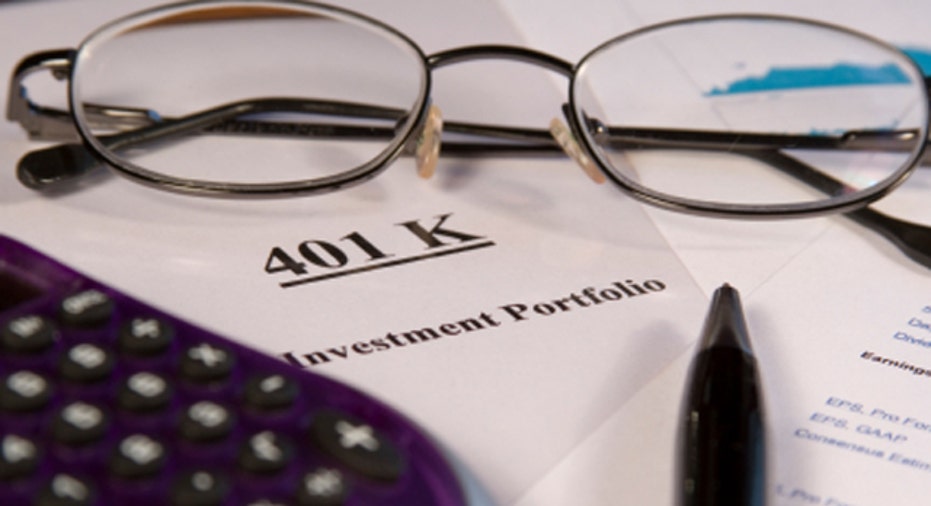Four Things to Know About 401(k) Fees

If you're in a 401(k) plan, you should recently have received a new disclosure about the fees you are paying within that plan. It may be dry reading, but it deserves your close attention.
Many people don't even realize they are paying fees in a 401(k) plan. After all, it's not like you have to write a check or anything -- the fees are automatically deducted from the value of your investments. In fact, it might be better if people did have to write a check for these fees, because being more aware of those charges would probably lead to closer scrutiny of them.
Shedding new light on 401(k) fees
A new Department of Labor rule requires 401(k) plans to distribute detailed fee disclosures to participants by August 30, and will require similar disclosures at least once a year going forward. Since you may pay hundreds (if not thousands) of dollars in 401(k) fees over the course of your lifetime, here are four things you should know about these costs:
- Fee comparisons should be a key part of your option choices. Besides offering options with a range of different risk characteristics, 401(k) plans often offer funds from a variety of different investment firms. So, for example, if you want to select a stock fund, you may have several somewhat similar options available. Besides looking at the investment strategy and track record of those funds, compare the fees on each. A big fee differential could tip the balance in making one fund more attractive than another.
- Transaction charges are worthy of special attention. See if your fund charges you for things like switching from one option to another. If it does, you'll want to think about changing your investing habits to minimize those charges. For example, you might decide to consolidate changes so you make a big adjustment once a year, rather than a series of smaller changes. You could also consider an option that takes care of asset allocation within the fund, so you don't have to transfer money between funds to rebalance your portfolio.
- Fees are important, but they aren't the only consideration. While fees are an important consideration, don't make your decisions based on these alone. Actively managed funds are likely to have higher fees than indexed options, which are basically designed to be on autopilot, following a designated market up and down. An active manager who has been successful over a full market cycle may be worth paying a little extra for, as might a "life cycle" option that automatically adjusts your asset allocation for you over time.
- Fees on income investments can negate today's returns. In general, higher-risk/higher-reward assets such as stocks will carry higher fees than cash equivalents or bond funds. But today's money market rates are near zero, and bond yields aren't much higher. With interest rates that thin, you simply can't afford much of a fee on these options, or you may find yourself with no return on your money at all.
Investors know only too well that they cannot control the financial markets. Fees, however, are one aspect of your retirement investments that you can exercise some control over, and handling them well can make a big difference in how much money you have in your plan when it's time to retire.
The original article can be found at Money-Rates.com:4 things to know about 401(k) fees



















